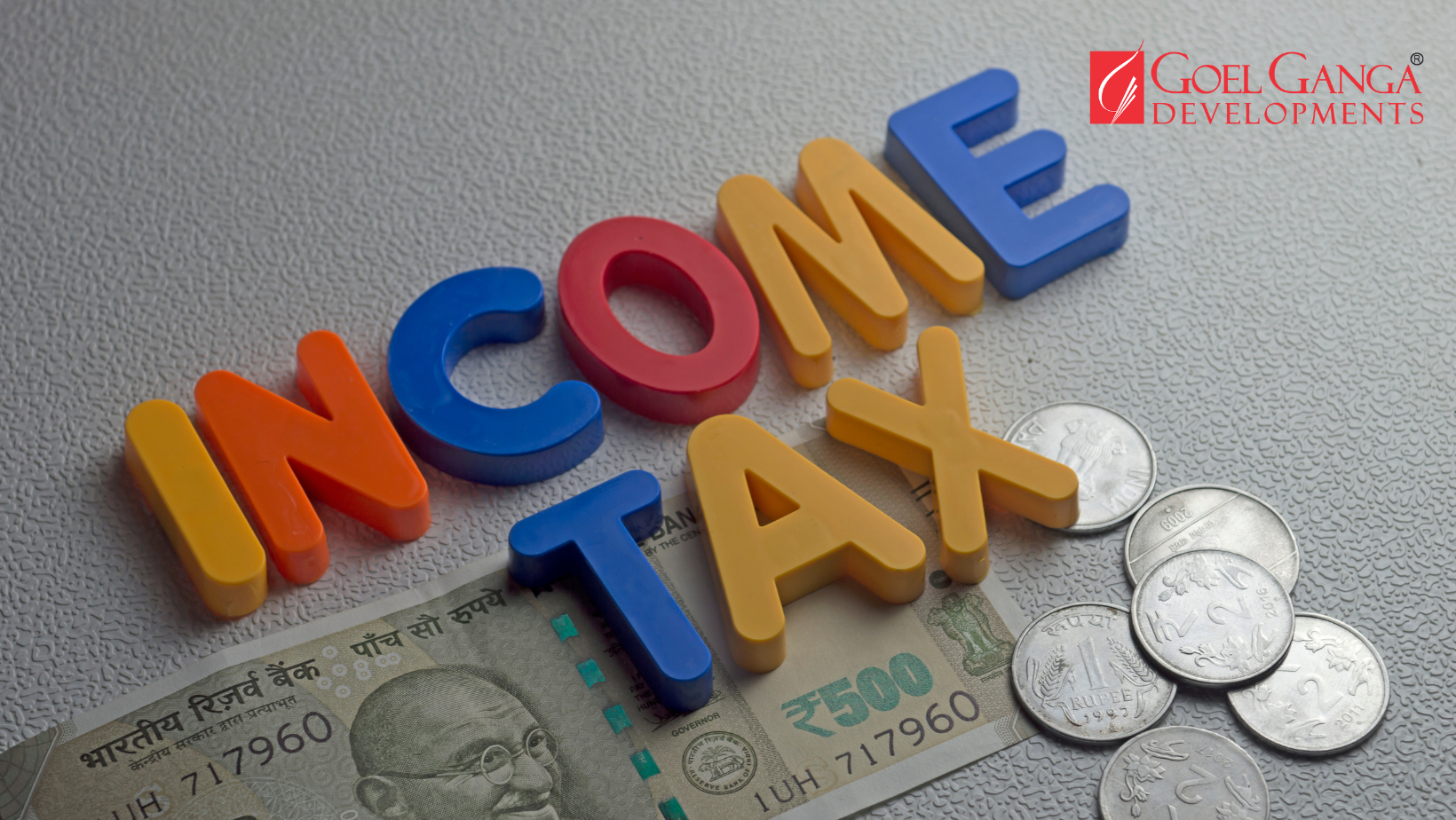Owning a home is the foundation for a secure future. In India, where family and financial planning go hand in hand, co-owning a property as a married couple is a practical choice and can be financially rewarding too. The Indian Income Tax Act lists several benefits to co-owners of property, allowing them to save significantly on taxes while securing their financial future.According to Gunjan Goel, Director of Goel Ganga Developments, “Co-ownership is a smart financial strategy that reduces tax liability and strengthens the financial bond between spouses. With dual benefits of wealth creation and tax savings, it ensures a stable future for families.”
Table of Contents
ToggleUnderstanding Tax Benefits of Property Co-Ownership
The Indian government encourages home ownership by offering tax incentives to couples who jointly own property. Several sections of the Income Tax Act, such as Sections 24, 80EEA, and 80C, provide specific benefits to co-owners, making home ownership more affordable and financially prudent.
Key Income Tax Benefits
Tax Benefits under Section 24
Section 24 of the Indian Income Tax Act allows benefits for homeowners to claim a deduction of up to Rs. 2 lakh on the interest paid on a home loan for a self-occupied property. When a property is jointly owned, each co-owner can individually claim this benefit, effectively doubling the total tax deduction to Rs. 4 lakh.
Tax Benefits under Section 80 EEA
Section 80 EEA provides an additional tax benefit of Rs. 1.5 lakh per co-owner on home loan interest, over and above the Section 24 deduction. This makes a total tax saving of Rs. 3 lakh if both spouses claim it separately.
Tax Benefits under Section 80 C
Under Section 80 C, co-owners can individually claim deductions of up to Rs. 1.5 lakh on the principal repayment of the home loan, leading to a combined tax saving of Rs. 3 lakh.
Tax Benefits from Rent Division
If the jointly owned property is rented out, the rental income is split between both owners based on their ownership ratio. This division helps lower each individual’s taxable income, resulting in reduced tax liability.
Common Mistakes to Avoid in Property Co-Ownership
Co-owning a property has several financial advantages, with key aspects that must be carefully managed to maximize benefits:
Clearly Specify Ownership Ratio
The ownership percentage must be clearly mentioned during property registration. Tax deductions are directly proportional to the ownership stake, so defining this ratio is crucial.
Equal Financial Contribution
To avail equal tax benefits, both spouses should contribute equally towards the purchase and repayment of the property. If one contributes significantly more, the tax benefits may be skewed in favour of that person.
Maximizing Tax Benefits
By ensuring equal financial contribution and clearly defining ownership ratios, a married couple can claim tax deductions of up to Rs. 10 lakh per year on their jointly owned self-occupied property. This makes co-ownership a financially beneficial decision and a strategic one for securing long-term financial stability.
Conclusion
Co-owning a property as a married couple is an effective way to optimise tax savings while building a secure future together. It provides financial relief, strengthens the legal standing of ownership, and simplifies succession planning. Understanding the nuances of co-ownership to make informed decisions, means making the most of the tax benefits available to couples and investing in a shared future.










